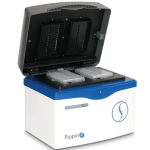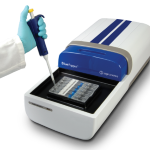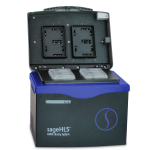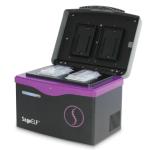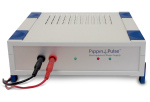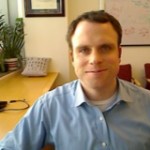 If you’re looking for out-there ideas in genomics, there’s no better place to start than with Chris Mason’s lab at Weill Cornell Medical College. We were delighted that Mason was featured in the latest podcast from Mendelspod and its host Theral Timpson. From swabbing subway stations to tracking gene expression in astronauts, this podcast is truly riveting.
If you’re looking for out-there ideas in genomics, there’s no better place to start than with Chris Mason’s lab at Weill Cornell Medical College. We were delighted that Mason was featured in the latest podcast from Mendelspod and its host Theral Timpson. From swabbing subway stations to tracking gene expression in astronauts, this podcast is truly riveting.
Mason’s lab achieved celebrity status in its hometown of New York City when the staff kicked off Pathomap, an effort to survey the microbes in places like subway stations. “We tried to get a complete molecular map of the city,” Mason tells Timpson. It was a “big discovery effort to build a baseline microbiome” — and one that produced “an interesting, inspiring, and … in some cases controversial bit of research.” After sequencing hundreds of samples, the team found that half of the DNA collected didn’t match any known organism.
Another lab project involves a longitudinal study of identical twins — one on land, and one spending a year in space. Mason’s team collected data for six months before the astronaut’s flight, is in the middle of 12 months of data from space, and will continue for six months after the twin returns. RNA analysis has already proven interesting. “The expression changes dramatically as soon as you get into space,” Mason says, who is particularly intrigued by the epitranscriptomic changes that his team is tracking.
Speaking of space, Mason is working to launch an Oxford Nanopore sequencer; currently, his collaborators are testing it in zero-gravity simulators here on Earth. He tells Timpson that data from the MinIon with the latest chemistry is promising, showing lower error rates and less GC bias than earlier versions. “It’s pretty compelling,” he says.
But Mason is not one to choose a single technology: he encourages scientists to validate data with orthogonal platforms whenever possible. “Every technology has a little bit of a blind spot,” he says.
The wide-ranging interview with Mason also covers synthetic biology, a theory that biologists are where physicists were in the late 18th century, commentary on long-read solutions such as PacBio and 10X, and his goal of engineering microbiomes to make it possible for humans to travel in space or colonize other planets.
